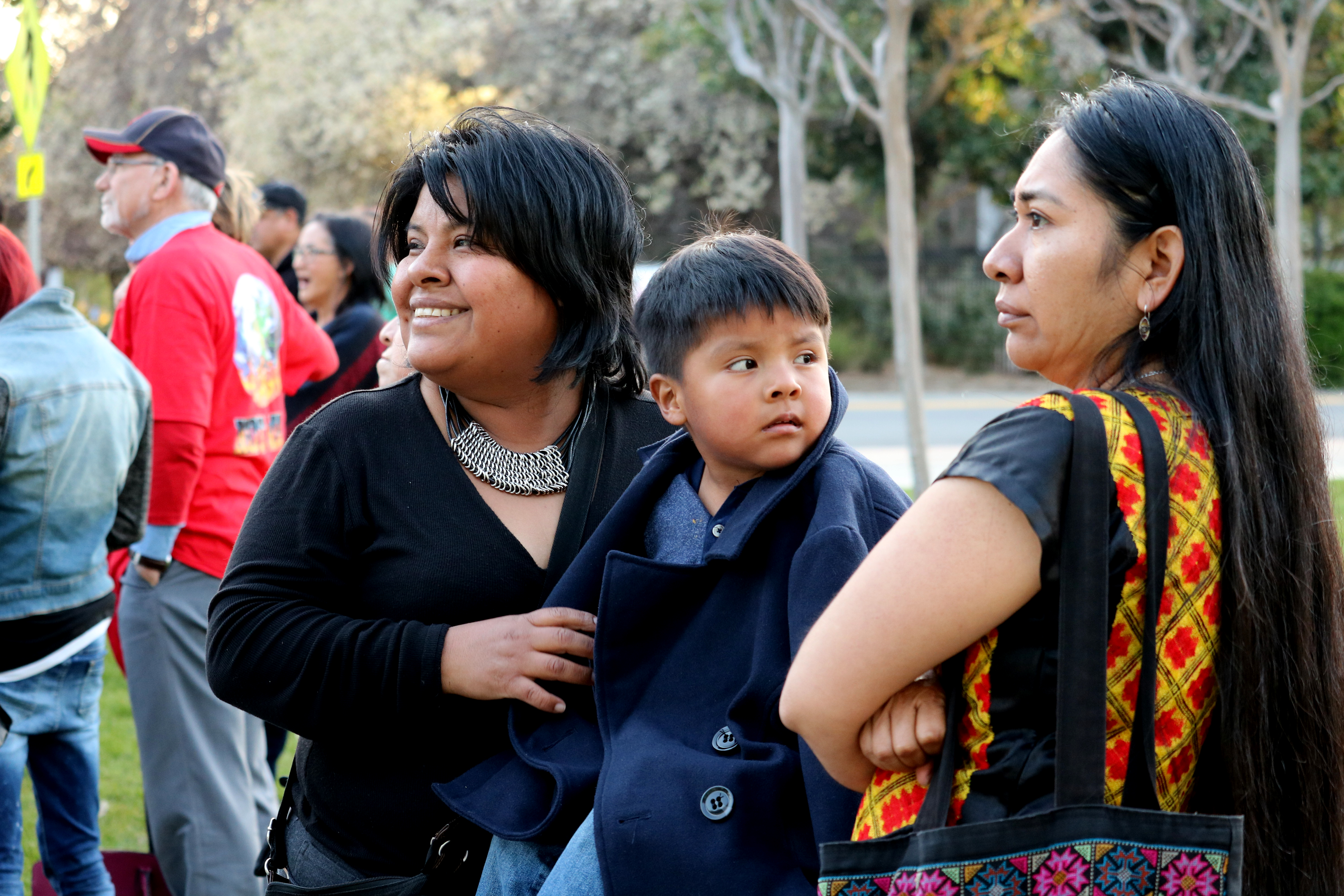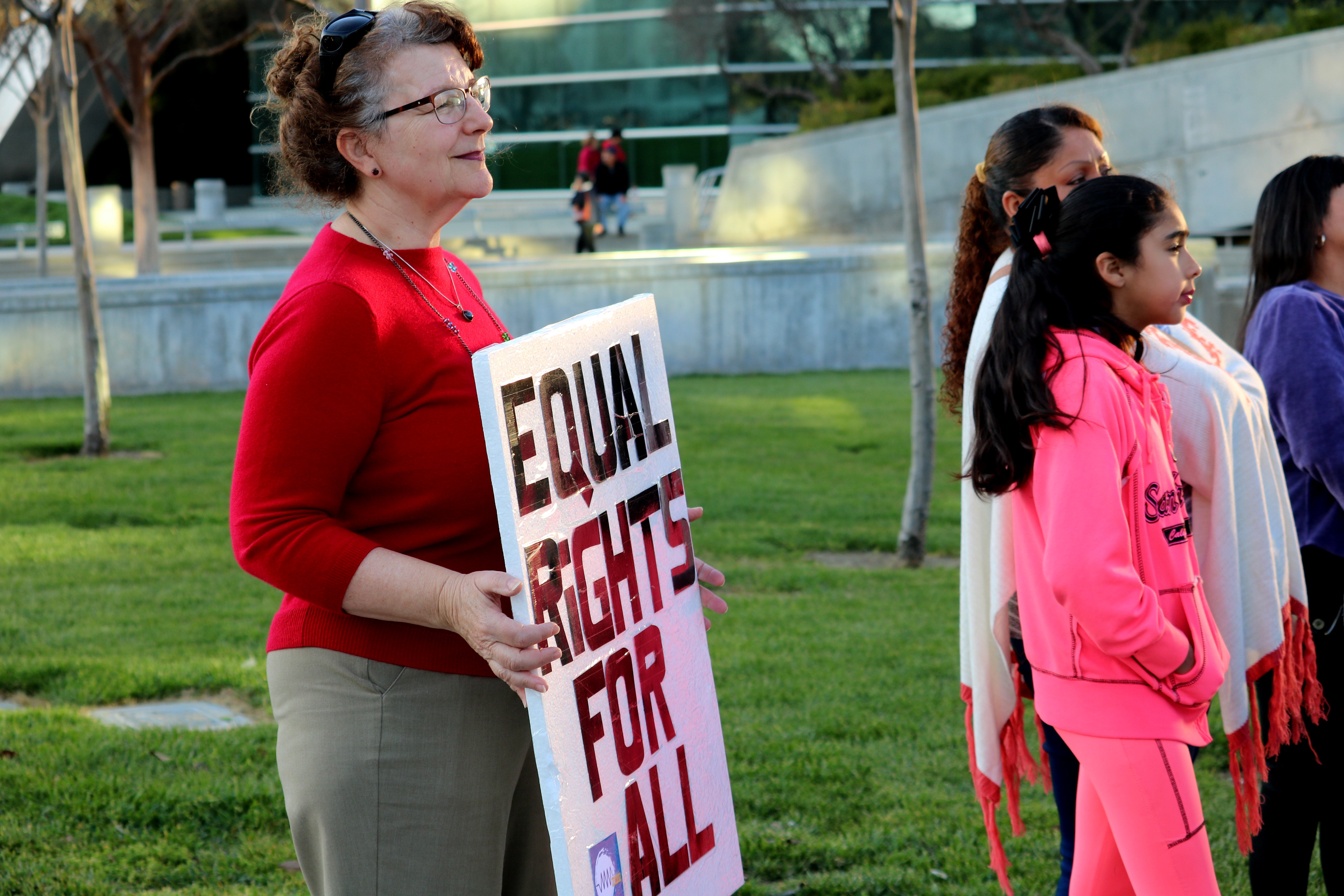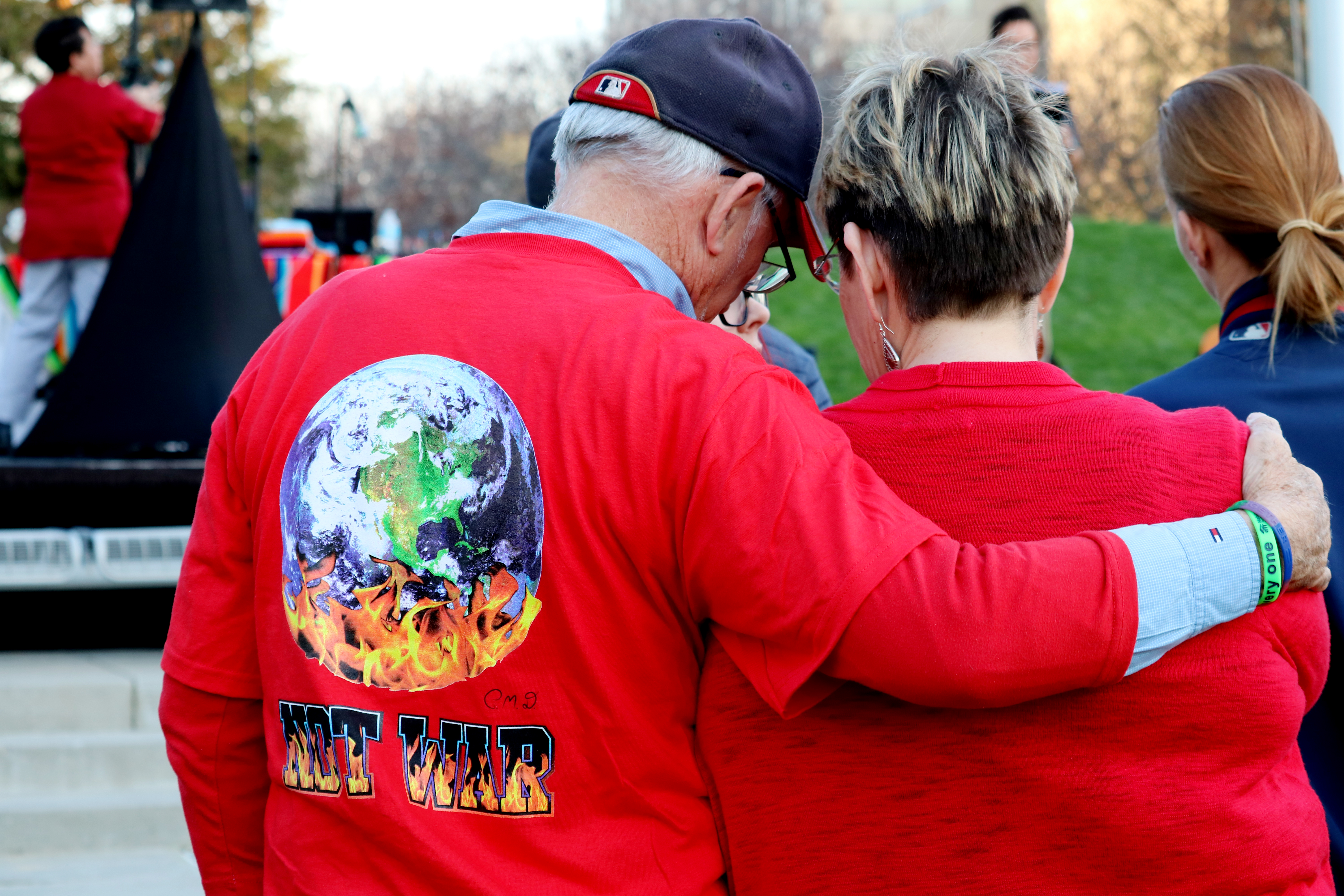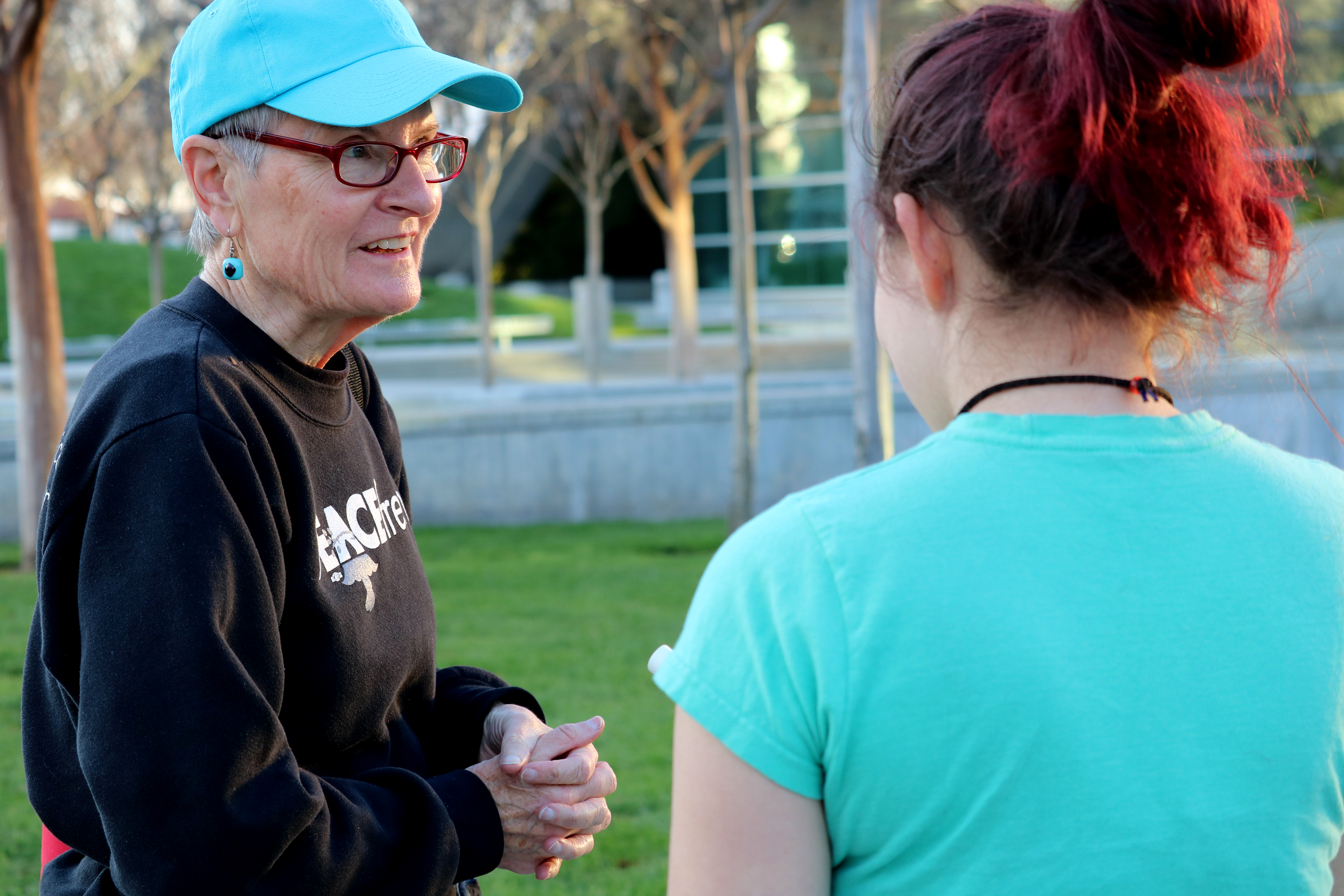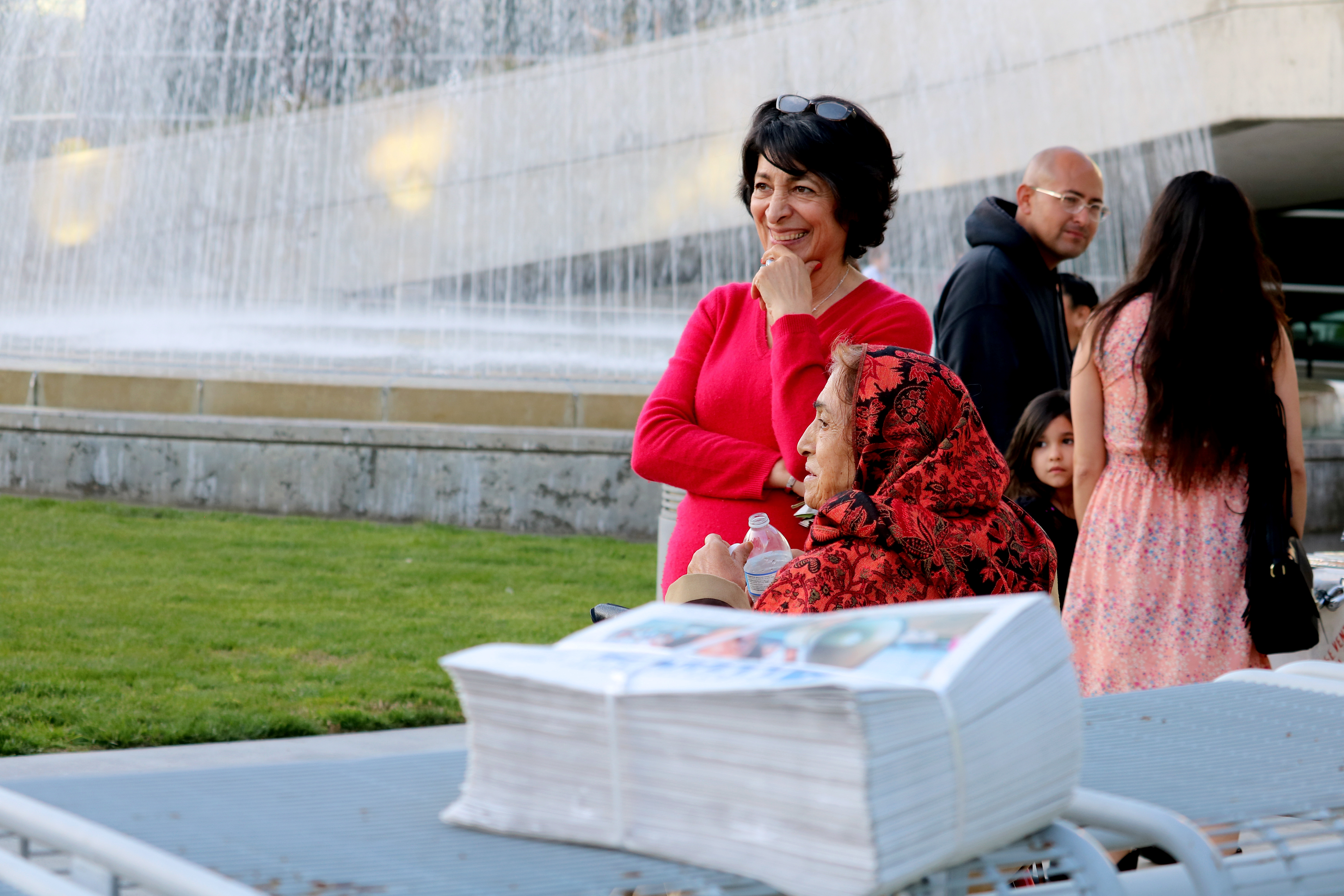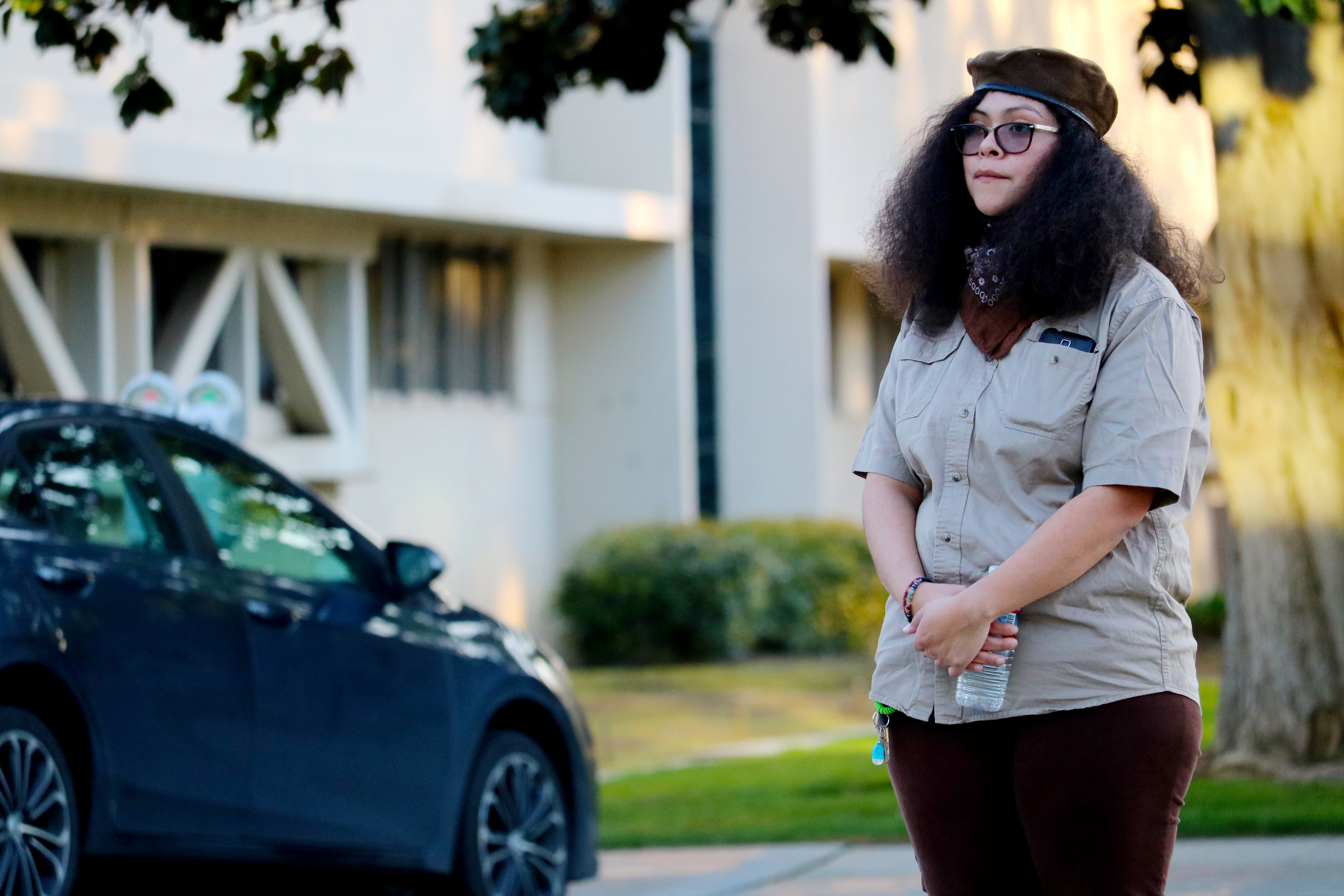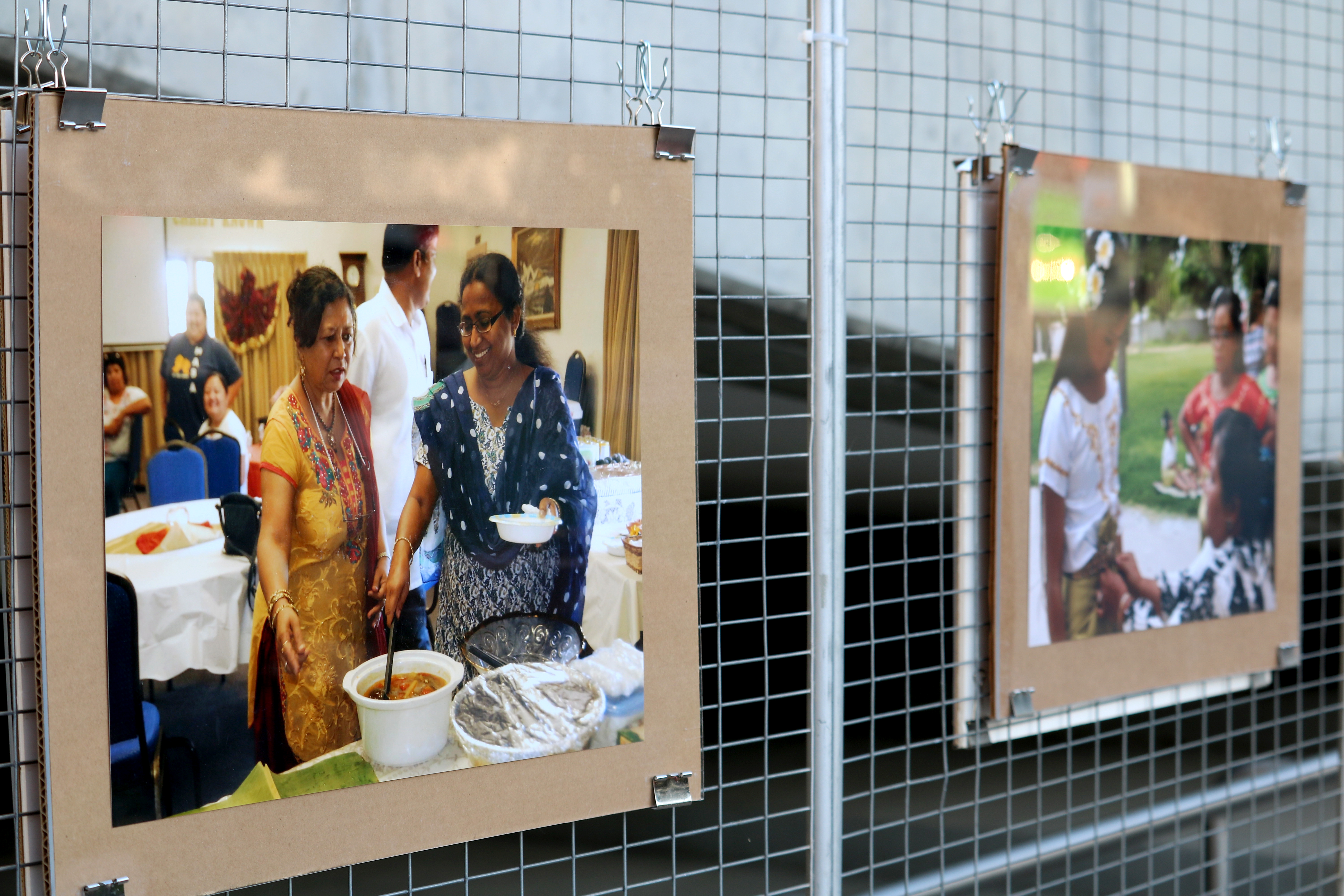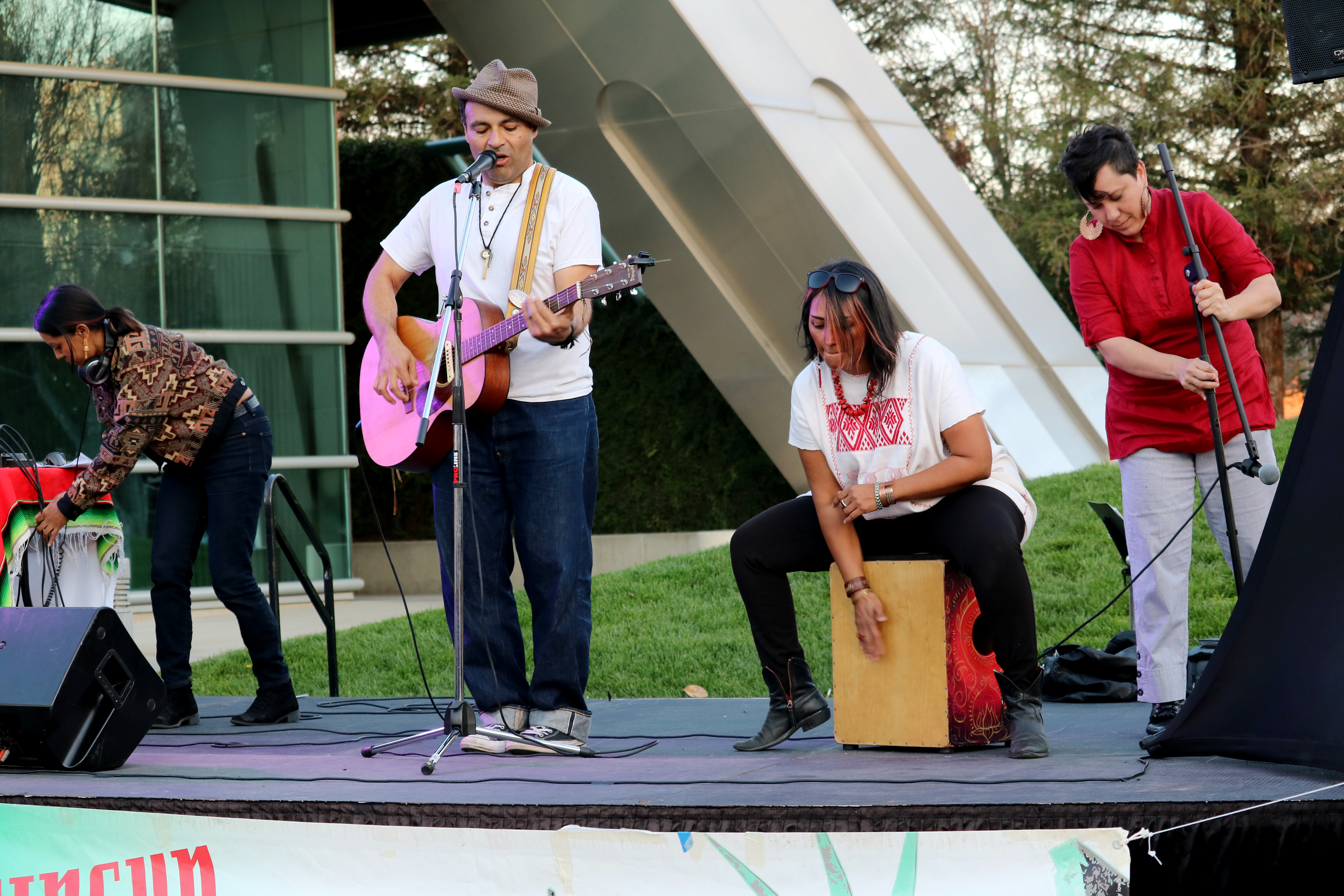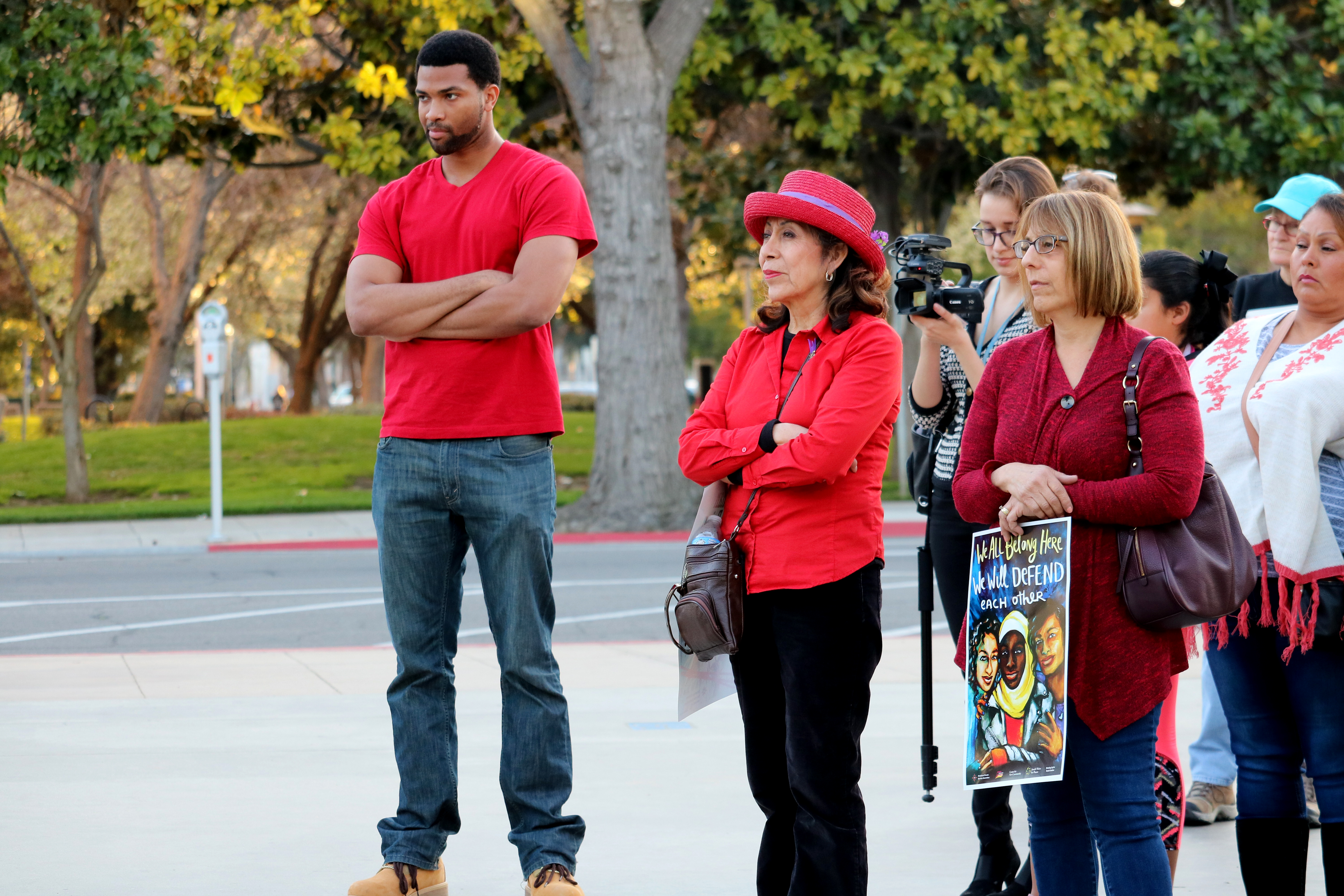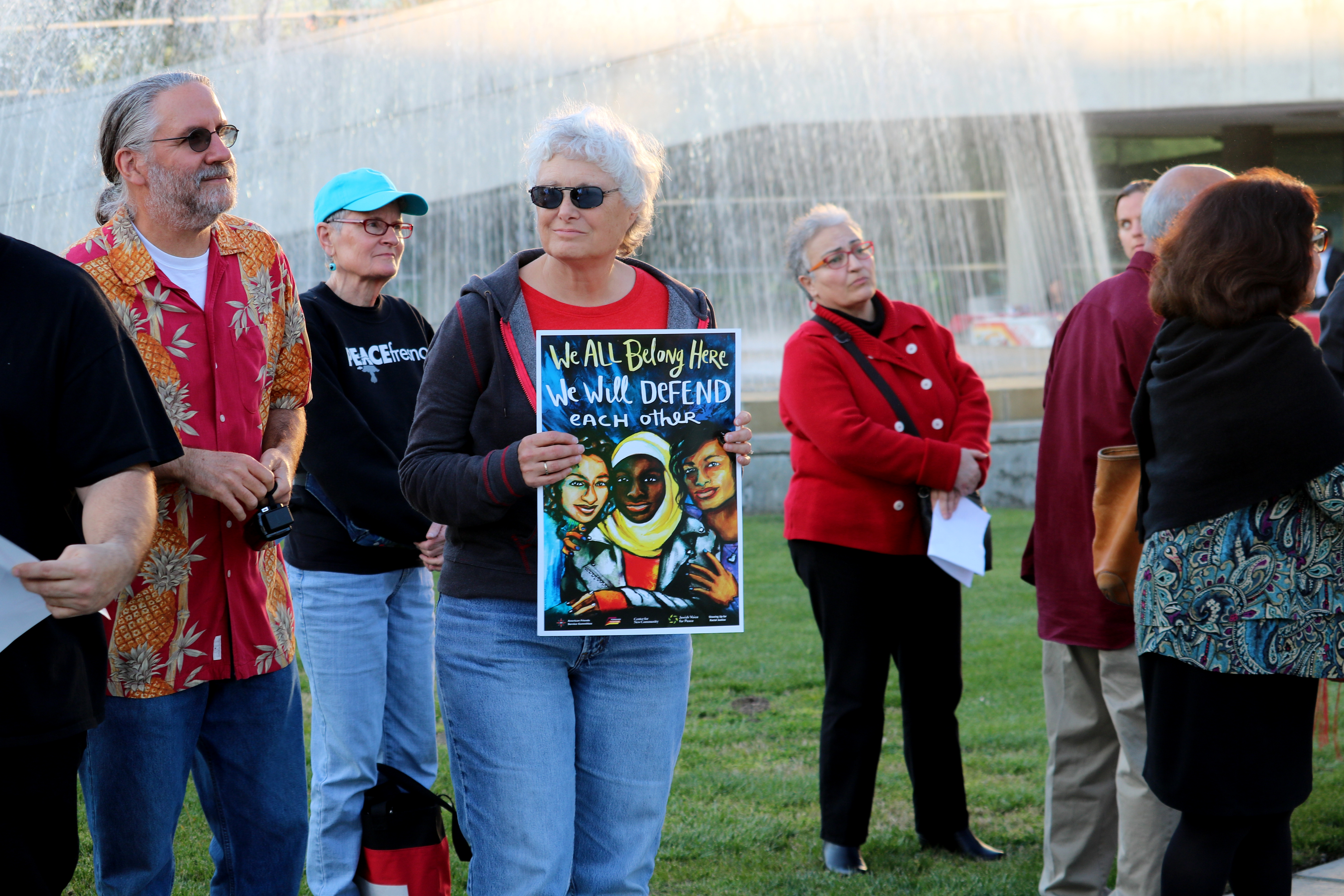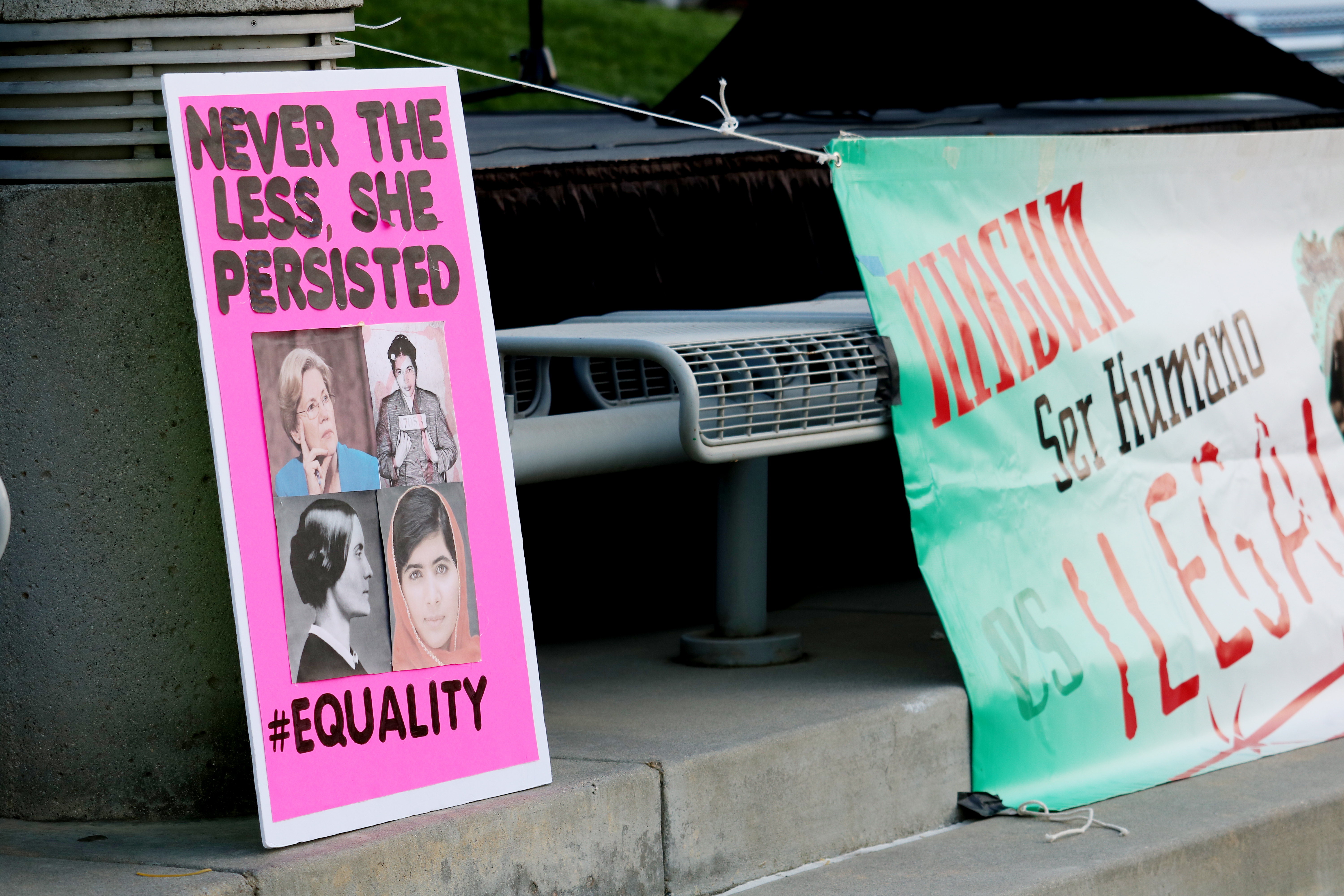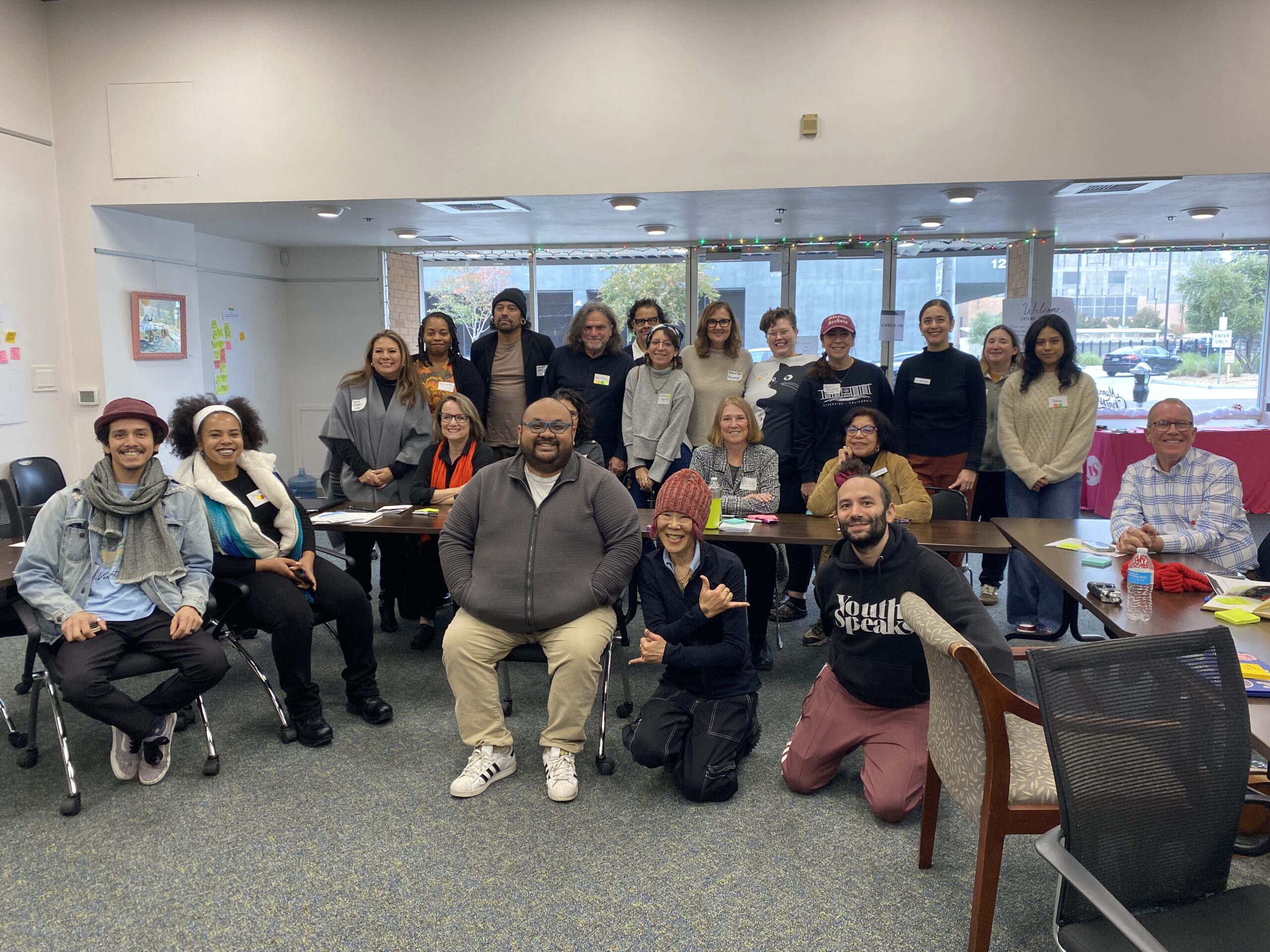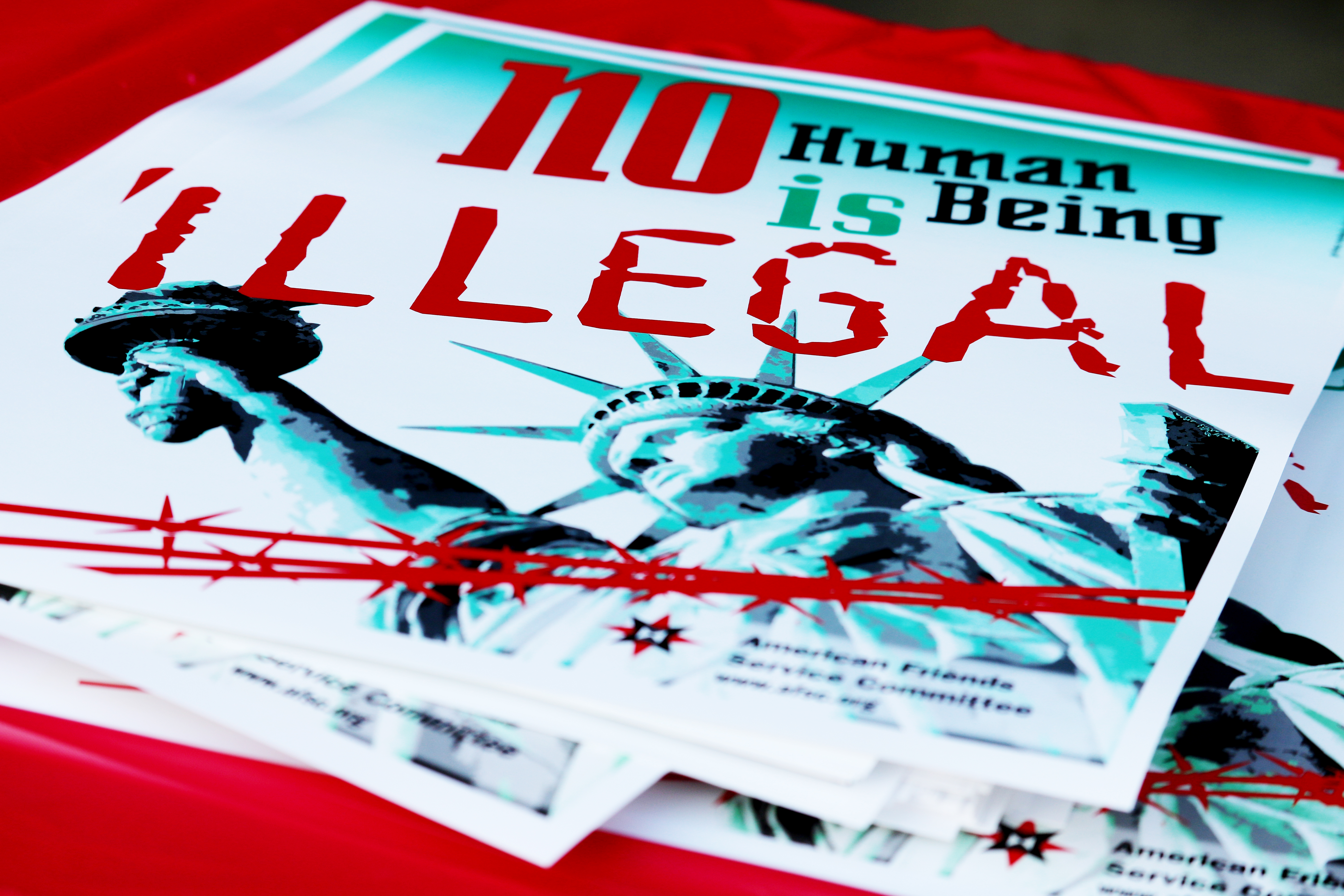
As Women’s History Month draws to a close, I’ve been thinking about the unparalleled weight the event carried this year, as we’ve elected a POTUS accused on multiple fronts of sexism and sexual harassment and witnessed huge Women’s Marches all over the world. Event organizers’ decision to have a “Day Without Women” based off of the national “Day Without Immigrants” seemed to be a timely decision.
In Fresno, as a community comprised of immigrants from all over the world, women have been the cornerstone in keeping cultures alive through generations by teaching their children the languages, foods and traditions of their countries of origin. Activists in Fresno recognized this and made it the centerpiece of Fresno’s Immigrant Women’s Rights Forum at City Hall on March 8.
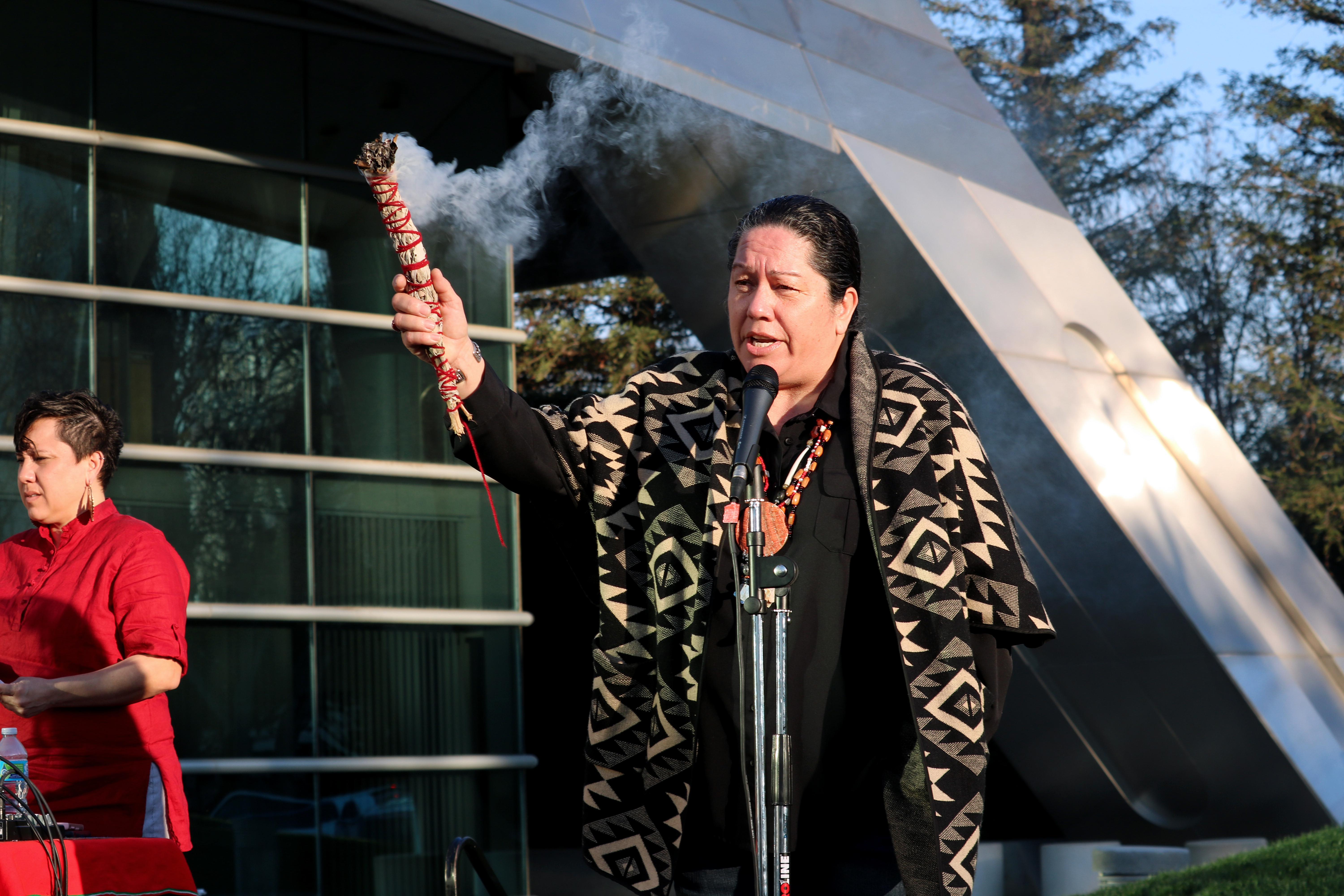
At City Hall, people of all ethnic, cultural and religious backgrounds came to the Immigrant Women’s Rights Forum in a powerful show of solidarity. Being the child of an immigrant woman myself, I was thrilled by how the atmosphere seemed to pulse with love and encouragement.
I heard chants of “When I say unity, you say love” in English, Spanish and Persian. I saw marchers handing out free posters depicting women of color with the message: “We All Belong Here, We WILL Defend Each Other.” Some even made it a family occasion, I saw couples with their young children holding posters and swaying along with the music. Sights and sounds alike made me feel that my city’s residents support minorities even in the face of bigotry.
Oralia Maceda, one of the event organizers and an indigenous Oaxacan immigrant, said that, for her, the event was all about immigrant women acting as allies for each other.
“This is for the solidarity of immigrant women in the Central Valley — Indigenous, Armenian, Muslim, Hmong and more,” she said. “It is important to honor women’s struggles, of the past and now, as we continue to fight for our rights.”
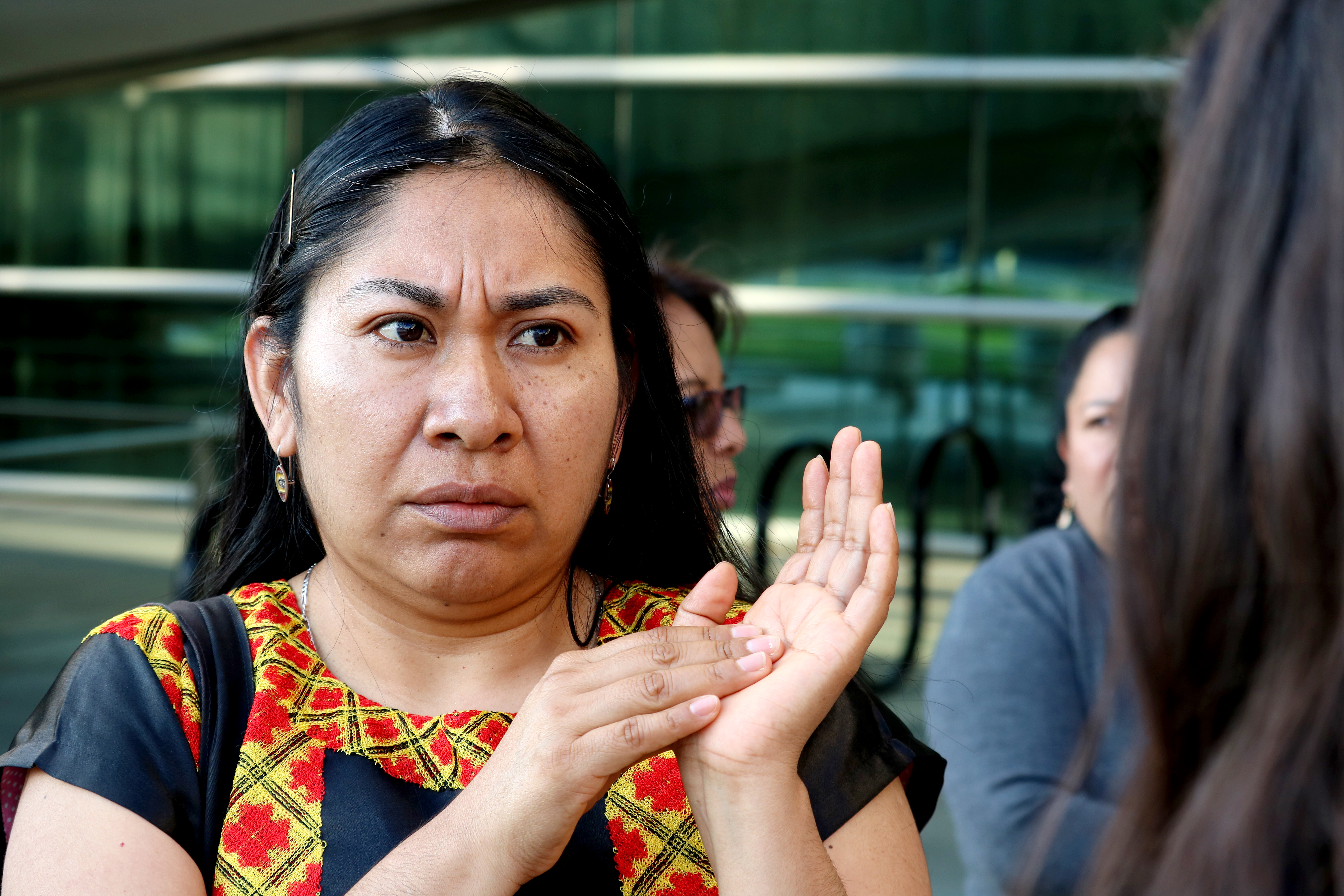
One of my favorite moments of the event was speaking with Dan Yasseen, the president of Peace Fresno.
Our conversation evolved onto common ground; as it turns out, he is originally from the same city in Pakistan, Karachi, as my mother. He told me about the stigma he’s faced as man who identifies as a feminist, especially among other men in his Muslim faith. Hearing the support and solidarity for immigrant women by someone from a background almost exactly like my own was encouraging, and gave me a deeper idea of Fresno’s diverse activist community.
The forum signified Fresno’s stance of resistance against a President who has made ignorant, broad statements about both immigrants and women. It showed that the Fresno community’s strength draws from its diversity.
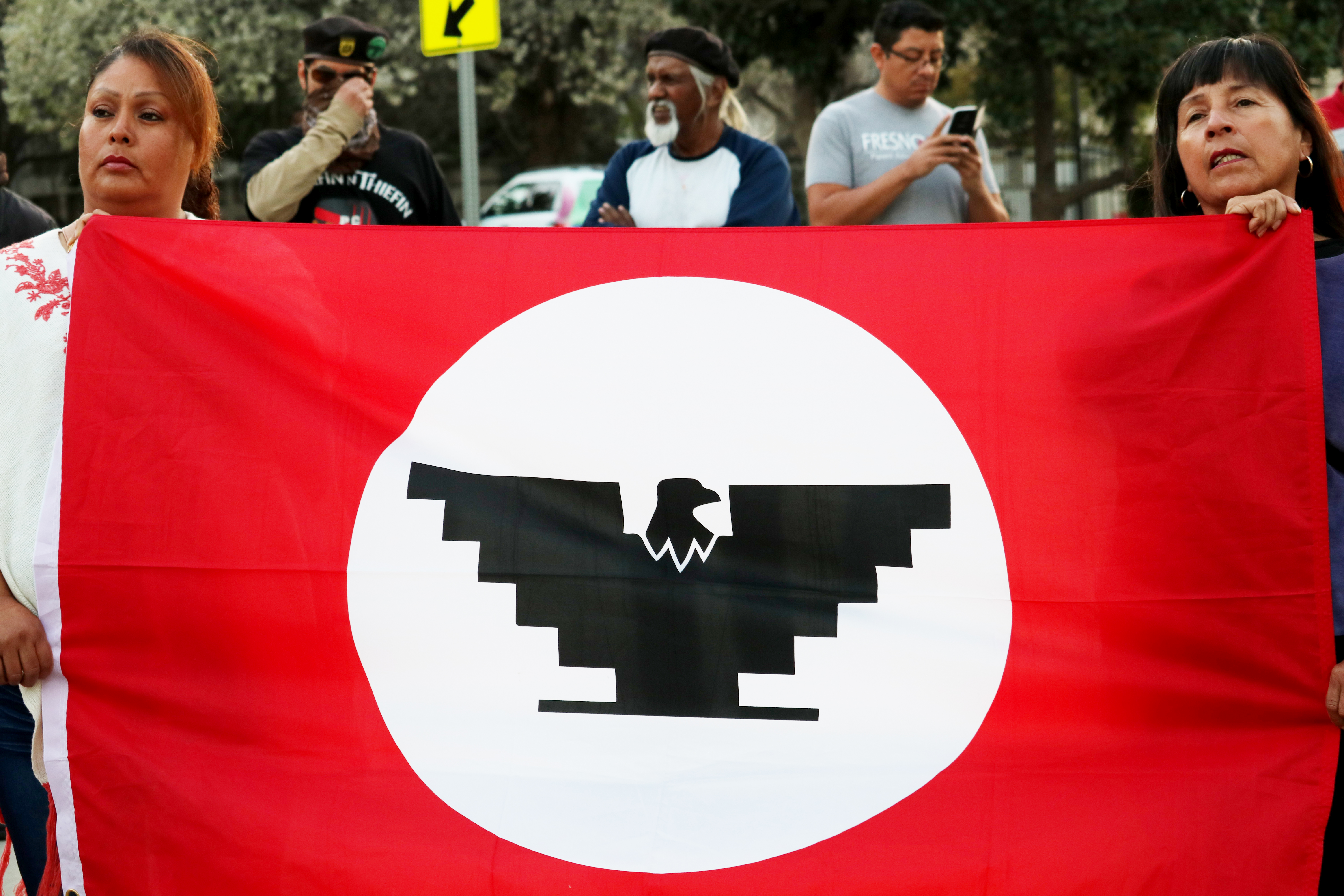
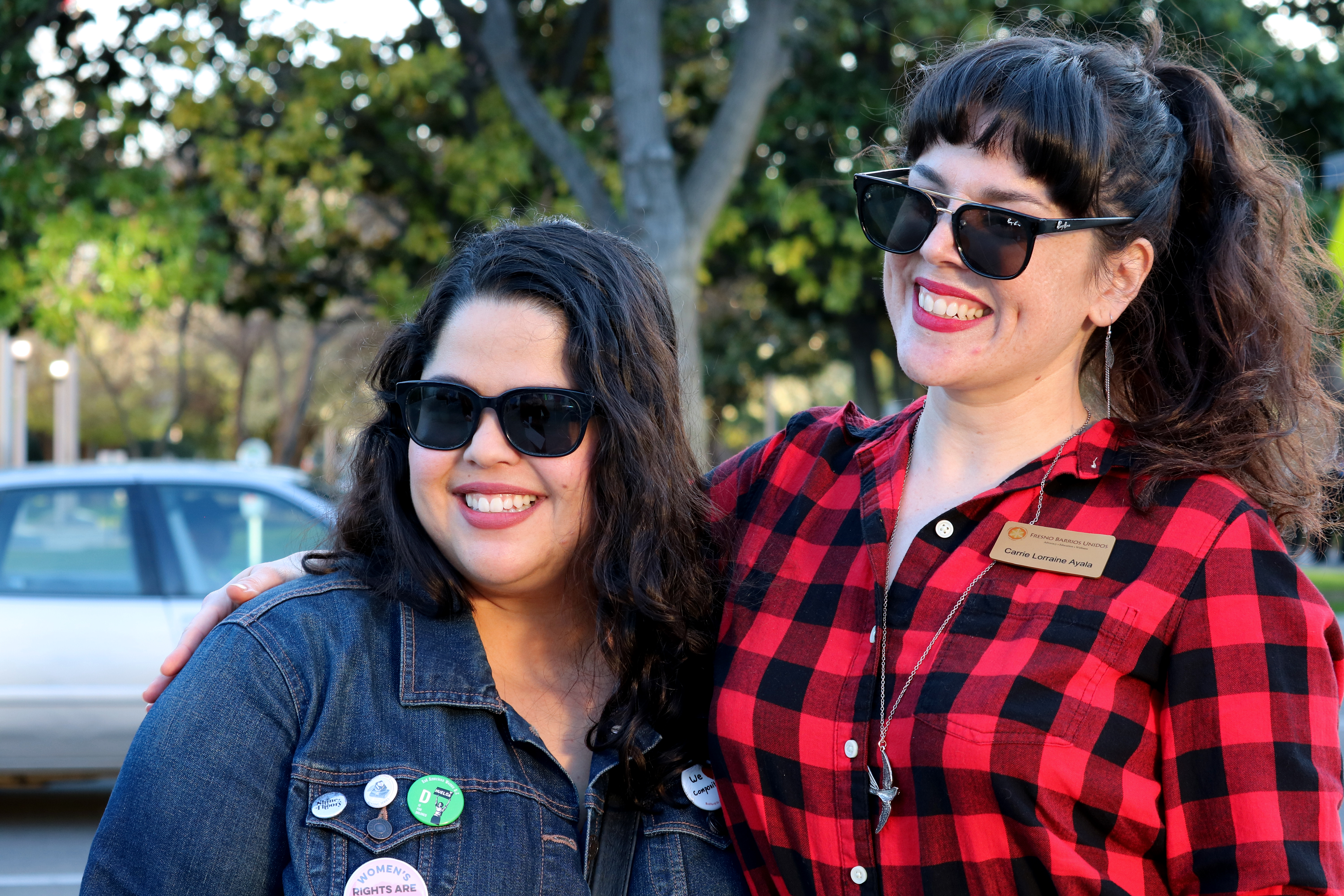
Brenda Venezia (left) said that it’s “…often easy to lose sight of specific oppression in big marches. The oppression of immigrants needs to be directly protested in itself.”
